历史文学硕士
Master of Arts in History

学历文凭
Masters Degree

专业院系
History

开学时间

课程时长

课程学费

国际学生入学条件
International students who have not graduated from an accredited college or university in the United States and whose native language is not English normally must achieve satisfactory scores on the Test of English as a Foreign Language (TOEFL) or the International English Language Testing System test (IELTS). In recognition of the fact that COVID-19 has made it significantly difficult for many students to register for and take these tests, we are allowing students to take the Duolingo English Test in lieu of the TOEFL or IELTS test for applicants applying for admittance. Minimum of a 3.0 GPA required for newly admitted or current/former ISU Graduate Students. GPA required may be higher based on availability.
Toefl Internet-based test (iBT): a total score of 80 with a score of at least 20 on each Section, Computer-based test: a total score of 213 with a score of at least 21 on Section 1 (Listening Comprehension) on the computer test, Toefl Paper-based test: a total score of 550 with a score of at least 55 on Section l (Listening Comprehension) on the paper test. Satisfactory IELTS performance for Classified admission includes scoring 6.5 or higher on the total band score. Photocopies of TOEFL and/or IELTS scores will not be accepted.
Toefl Internet-based test (iBT): a total score of 80 with a score of at least 20 on each Section, Computer-based test: a total score of 213 with a score of at least 21 on Section 1 (Listening Comprehension) on the computer test, Toefl Paper-based test: a total score of 550 with a score of at least 55 on Section l (Listening Comprehension) on the paper test. Satisfactory IELTS performance for Classified admission includes scoring 6.5 or higher on the total band score. Photocopies of TOEFL and/or IELTS scores will not be accepted.
IDP—雅思考试联合主办方

雅思考试总分
6.5
了解更多
雅思考试指南
- 雅思总分:6.5
- 托福网考总分:80
- 托福笔试总分:550
- 其他语言考试:Satisfactory Duolingo performance for Classified admission includes scoring 110 or higher
CRICOS代码:
申请截止日期: 请与IDP顾问联系以获取详细信息。
课程简介
历史文学硕士培训学生探索已建立和正在出现的历史问题。该课程将传统和跨学科的历史研究方法与数字和其他专业技能的发展相结合,以完成数字和其他应用的历史研究项目。学生参加有关历史方法,数字历史,研究方法和专业发展的课程。历史文学硕士课程为学生提供了在各种教学,研究和其他岗位上使用其历史,数字和应用培训的准备,包括博物馆,咨询公司,非营利组织,政府机构或学术专业的进一步研究生学习。
The MA in History trains students to explore established and emerging historical problems. The curriculum integrates traditional and interdisciplinary approaches to historical research with the development of digital and professional skills. Students take courses in historical content, digital methods, research methodology, and professional development. An MA in History prepares students to use their historical, technical, and applied training in a variety of teaching, research, and other positions, including schools, museums, consulting firms, non-profit organizations, government agencies, or further graduate study for academic careers.
The MA in History trains students to explore established and emerging historical problems. The curriculum integrates traditional and interdisciplinary approaches to historical research with the development of digital and professional skills. Students take courses in historical content, digital methods, research methodology, and professional development. An MA in History prepares students to use their historical, technical, and applied training in a variety of teaching, research, and other positions, including schools, museums, consulting firms, non-profit organizations, government agencies, or further graduate study for academic careers.
相关申请
 预科
预科 奖学金
奖学金 实习机会
实习机会 在校学习
在校学习 跨境学习
跨境学习 校园授课-线上开始
校园授课-线上开始 在线/远程学习
在线/远程学习
本校相关课程
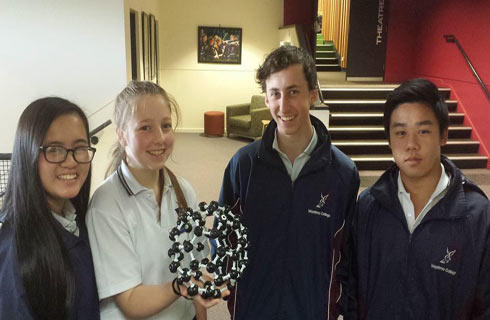
应用科学学士
学历文凭
Bachelor Degree
开学日期
课程费用总额

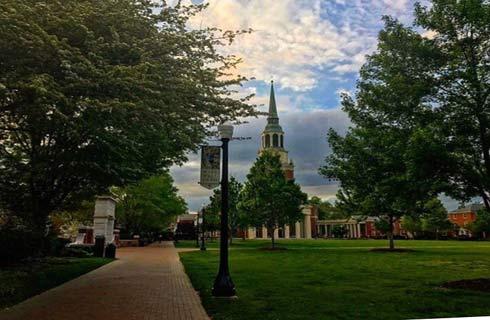
消防管理理学学士
学历文凭
Bachelor Degree
开学日期
课程费用总额

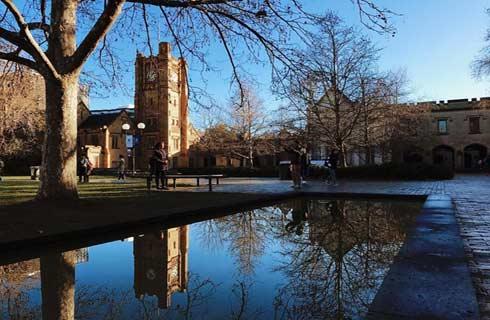
Bachelor of Science in Health Science
学历文凭
Bachelor Degree
开学日期
课程费用总额


Bachelor of Science in Health Physics
学历文凭
Bachelor Degree
开学日期
课程费用总额

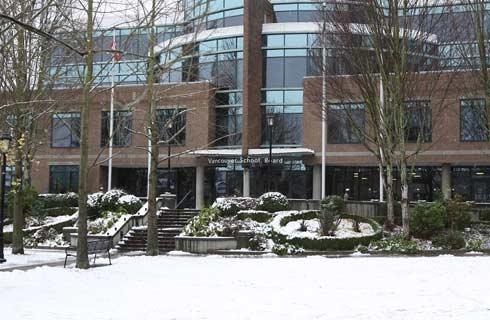
护理科学学士-传统
学历文凭
Bachelor Degree
开学日期
课程费用总额

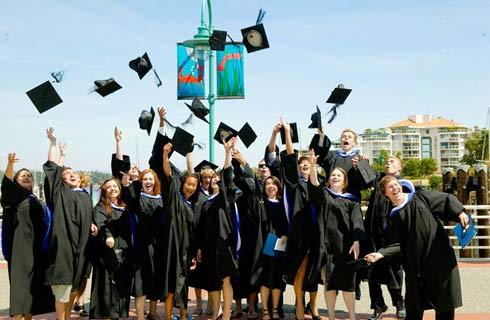
Bachelor of Science in Dental Hygiene
学历文凭
Bachelor Degree
开学日期
课程费用总额





















 美国
美国





